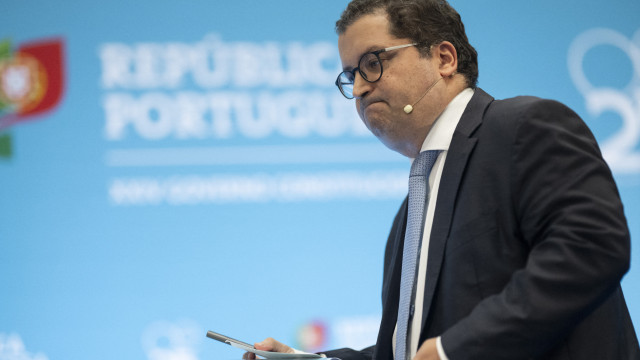Next month, in September, the government will grant an extraordinary supplement to pensioners, a sort of ‘bonus’ that will cost a total of 400 million euros, as calculated by the Minister of Finance, Joaquim Miranda Sarmento.
How will the ‘bonus’ work? How much will be received?
The supplement will be paid in September and will amount to 200 euros for pensions up to 522.50 euros, 150 euros for pensions ranging from 522.50 euros to 1,045 euros, and 100 euros for all pensions between 1,045 and 1,567.50 euros.
The allocation of this supplement “is not accounted for the assignment of the Solidarity Supplement for the Elderly (CSI) and does not require any request from the beneficiaries,” clarified the Ministry of Labor, Solidarity, and Social Security in a statement sent after the Council of Ministers briefing in mid-July.
This supplement covers pensioners of the Social Security, the Caixa Geral de Aposentações (CGA), and the banking sector, encompassing a universe of two million and 300 thousand pensioners.
The allocation of this supplement, whose decree was approved and already promulgated by the President of the Republic before the press conference after the Council of Ministers, is similar to the one granted in 2024, which cost 422 million euros.
Extra supplement for pensions “will cost 400 million euros”
On the same occasion, the Minister of Finance stated that the extraordinary supplement for pensioners will cost around 400 million euros but does not compromise public accounts, as the budget situation is “robust.”
“The supplement will cost 400 million euros. We prefer this redistribution mechanism to a permanent pension increase because it generates rigid structural expenditure,” stated Joaquim Miranda Sarmento at the press conference after the Council of Ministers.

O ministro das Finanças adiantou hoje que o suplemento extraordinário para pensionistas custará cerca de 400 milhões de euros mas não compromete as contas públicas, já que a situação orçamental é “robusta”.
Lusa | 15:56 – 18/07/2025
The minister emphasized that economic activity generates a “budgetary dividend,” which will have the “first priority to reduce public debt” but that the government also wants to “use part of that dividend to help those who are more in need, who no longer have other sources of income and have very low-value pensions.”
Regarding the budgetary margin to apply this measure, Miranda Sarmento noted that “currently, the available information indicates a robust, comfortable budgetary situation,” adding that this year there are “more robust budget execution data earlier than last year.”
The government estimates a surplus of 0.3% of the Gross Domestic Product (GDP) this year, despite institutions like the Bank of Portugal estimating a deficit either this year or next.
The minister also confirmed that the supplement will not be subject to withholding tax on IRS, meaning the net amount received by each pensioner will correspond to the gross amount.




